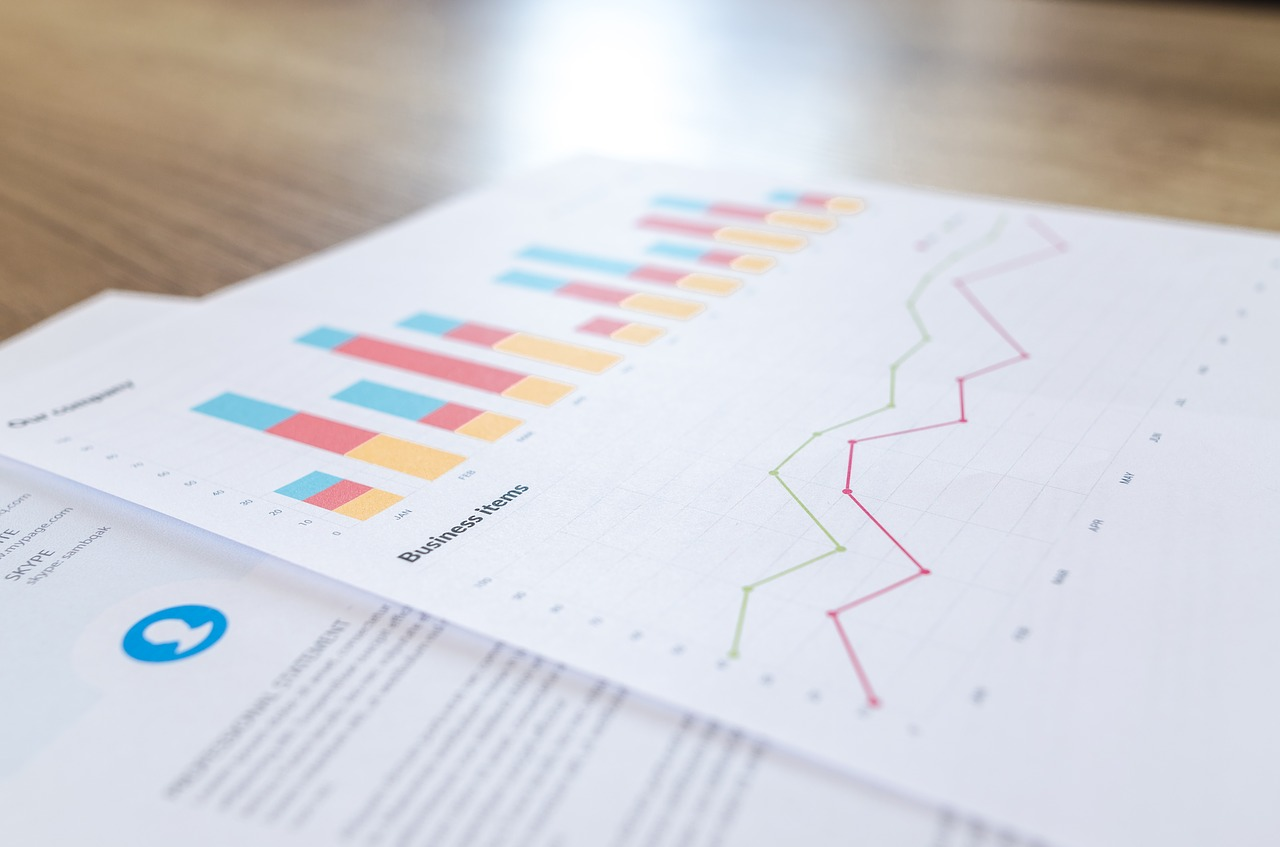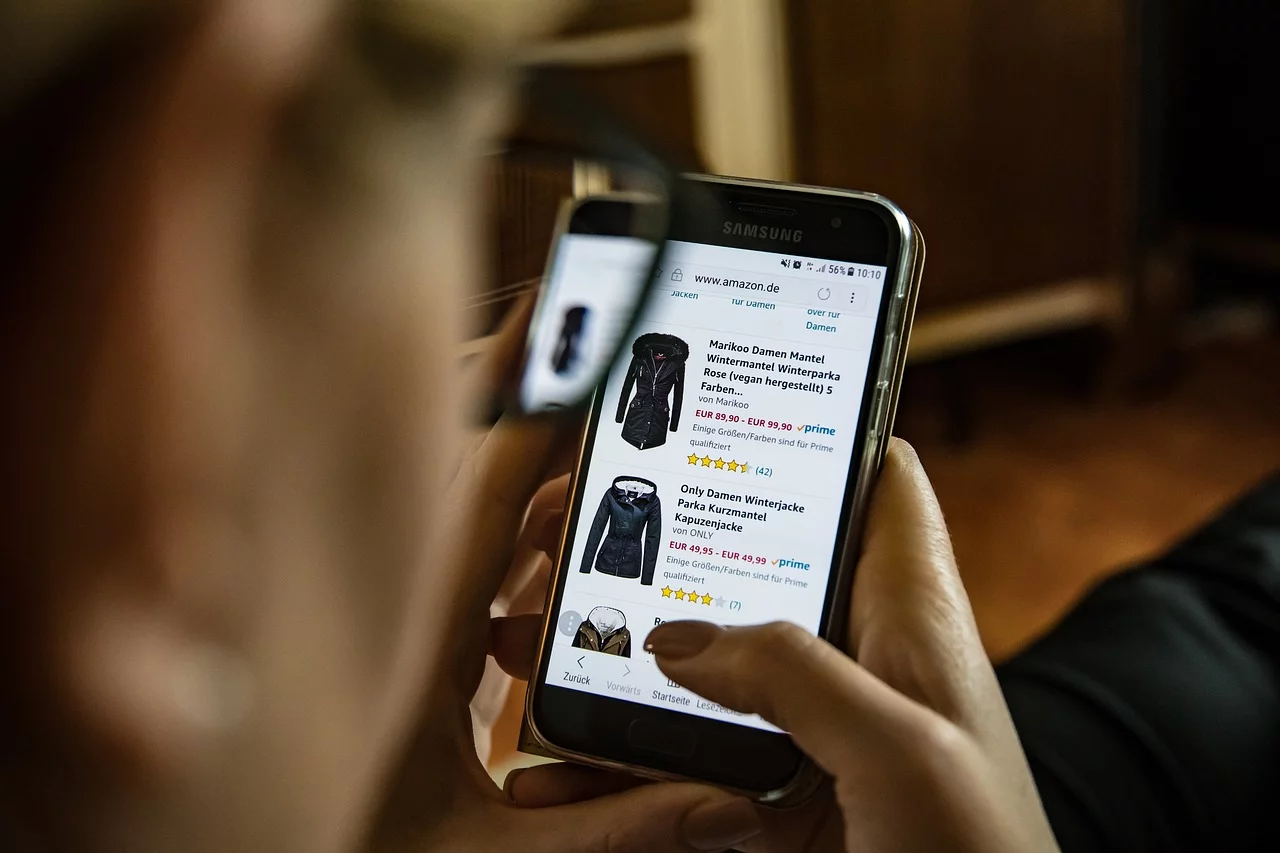There’s no ignoring it anymore: COVID-19 is in the U.S., and it’s not going anywhere anytime soon.
In just the last week, the situation in the States has escalated from hypothetical scenarios and handwashing memes into a reality that is impossible to ignore.
With mass gatherings, sporting events and conferences being cancelled left and right, people are becoming wary of highly-trafficked public places. Schools and universities are being shut down. People are being asked to work from home.
As a result, with daily life being significantly disrupted, the longstanding impact this will have on the economy is largely unknown. And if you’re a small business owner, this raises an abundance of questions about how your company will be impacted—and for how long.
How Will COVID-19 Impact The Economy?

While the outcome is unknown at this point, experts have explored 3 possible scenarios for how the virus’s effects on the economy will play out based on how quickly the public responds to it.
In the best case scenario, the public health response is largely similar to that of China in its effectiveness and the virus retains a similar fatality ratio to that of the flu. As a result, workplaces are forced to change some habits, but economic activity still largely continues.
If this happens, the economy would rebound relatively quickly even after a drop in demand by the end of Q1.
However, if public response is less effective than that of China, fatalities could be higher than or near that of the flu. This would lead to a more serious shift in daily routines, mostly on the local level. As a result, the US could experience an economic slowdown that could last until Q2.
In the worst case scenario, a failure to sufficiently respond to the virus leads to a fatality ratio that is significantly higher than that of seasonal flu. This leads to a significant disruption of daily activities. In this situation, a global recession occurs where the public does not regain confidence in the economy until Q3 or later.
Regardless of the outcome, every business needs to be prepared to adapt to the quickly-changing circumstances of a situation that is unfolding day by day.
And with small businesses already operating with lean profit margins, a small staff and a lack of financial bandwidth to provide sick pay, the question of how the virus will affect these companies is becoming critical.
What Steps Can My Small Business Take?

Don’t Panic—Take Action
We’re hearing this a lot. Fear of the unknown will not resolve the problem—in fact, it will make things worse. Instead of catastrophizing about what this could mean for your business, assess what steps you can take to make sure your company is able to adapt.
Some actions business owners are already taking include changing suppliers, lowering overhead costs, increasing pricing where applicable and decreasing operational costs.
In particular, evaluating your supply chain is critical—if your business requires products from a country affected by the pandemic, develop a contingency plan for acquiring a secondary supply,
Regardless of the circumstances—being strategic now could save you from a lot of more serious difficulties later. Channel the anxiety of these events into making critical business decisions to change along with your consumers’ lives.
Keep Your Employees and Customers Safe
Many companies will be switching to a work-from-home environment or allowing greater flexibility for employees affected by the virus to work remotely. Make use of Facebook Live, Zoom, Skype and other apps that make connectivity easier.
Should you be unable to provide consistent remote work options due to a lack of staff, move desks further apart or create social distancing within your office.
It’s not just about your business environment, though. Keeping your customers safe is of the utmost importance.
If you own a business that people frequent daily, such as a store or restaurant, make sure all surfaces are sufficiently and regularly cleaned. Instruct employees on how to abide by increased guidelines for creating a safe and sterile environment.
Most Importantly…Meet Your Customers Where They’re At
Any good marketing strategy considers the needs, concerns, fears and desires of a business’s customers. And your customers’ needs are about to change dramatically.
With new rules about mass gatherings and cancelled events in place, people will be on social media and connecting online in unprecedented numbers. They will be on the Internet reading the latest news and updates about the virus.
Most importantly, they will be shopping online.

One study revealed that if the Coronavirus were to worsen, 58% of consumers would avoid shopping in public. The majority of respondents were ages 61 and older, the age group that is hit hardest by the virus. Other reports show that online grocery shopping, food delivery and more are experiencing an uptick in business.
Plus, the growth of online business is likely to draw a new demographic into the digital realm: the older population who is at the greatest risk for the virus, many of whom have resisted digital technology. As the situation develops, businesses have the opportunity to gain customers that otherwise may not have begun regularly shopping online.
The point is this: in order for your business to survive and thrive past the point of the outbreak, you must make the transition to a digital and ecommerce strategy.
If your business has an online store, now is the time to optimize it. Can you make it more efficient for users to navigate? Can you create attractive new offers to invigorate your current list of customers and bring in new ones?
Or maybe you’re just not happy with your current platform. If so, with multiple ecommerce platforms available to use, 2020 is a great time to explore your options.
If you want your business to succeed and ensure that you make it through the economic impact of the virus, finding a way to make the transition to ecommerce or creating a better experience for customers is absolutely vital.
The Coronavirus is bringing small businesses into uncharted territory in terms of how they must relate to customers and understand their experiences. But for those who do choose to embrace digital marketing and ecommerce, it also could be the most exciting period for your business’s growth.
You’ll be able to meet your customers where they’re at by presenting the right offers in the right places. You’ll find ways to adapt your business to a new market and a new audience of buyers.
Perhaps you’ve even already found yourself in a place where you know your business needs a change…and digital marketing could be the corner you need to turn to finally get results.
There’s no doubt that the virus is changing the lives of Americans. But the impact of adapting your business to an online market could help you fulfill the vision you’ve had for your company from the start.

We know this is a difficult time for small business owners, but we also believe that success for your company is more than possible even in a time of economic uncertainty.
Therefore, if you need help optimizing any aspect of your current digital strategy or want to discuss setting up your business online, we at Cirius Marketing would love to help you get started.
We want to give you 30 minutes of time with one of our strategists completely for free.
No strings attached. No surprises.
We know that small business owners are going to be facing unprecedented challenges this year—and we want to help you generate the best possible strategy so you’re ready to take on what’s next.
We’ll talk about what is already working for your business, what results you want to achieve and discuss some tactics you may not have even considered that could at least double your sales.
So click here to set up a free 30 minute strategy session to explore the opportunities that await your business. We can’t wait to connect and help you plan for success.
